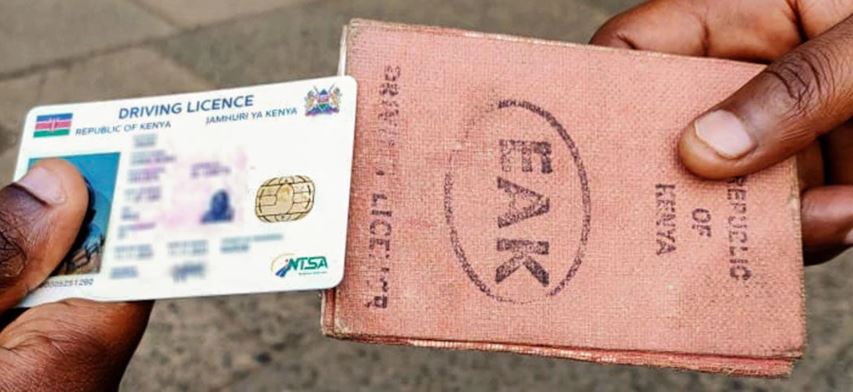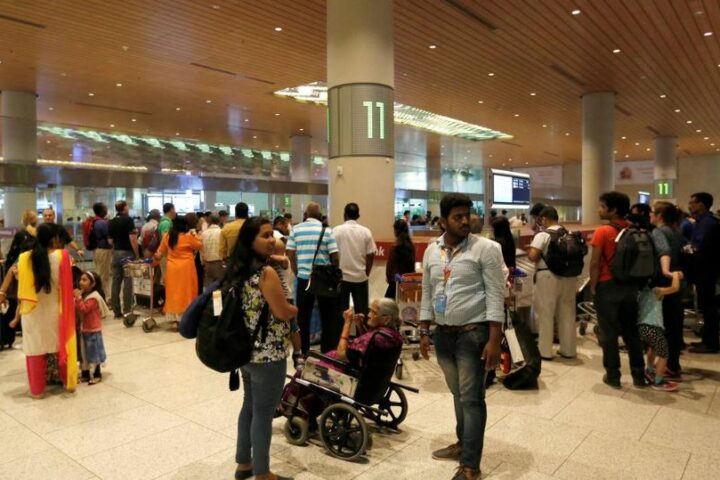 The National Transport and Safety Authority (NTSA) is under scrutiny for its failure to enforce the Smart Driving Licence project, potentially costing taxpayers Kes.1.19 billion.
The National Transport and Safety Authority (NTSA) is under scrutiny for its failure to enforce the Smart Driving Licence project, potentially costing taxpayers Kes.1.19 billion.
Auditor General Nancy Gathungu has criticized the authority for neglecting to mandate the use of smart card driving licenses, which risks wasting public funds allocated to the project.
In her latest audit of NTSA’s accounts for the year ending June 2023, Gathungu highlighted a contract signed on March 8, 2017, between NTSA and the National Bank of Kenya consortium.
The contract, valued at Kes.2,028,991,964, was for the supply, delivery, installation, and maintenance of five million second-generation smart card-based driving licenses.
“As of June 30, 2023, the supplier delivered 4,042,050 smart cards and received payments totaling Sh1,195,201,497. However, only 1,479,176 cards were printed over the past six years, leaving 2,562,874 cards unused in NTSA’s possession, valued at Sh788,852,617,” reported Gathungu.
She noted, “The project, originally scheduled to conclude by March 2020, is now four years behind schedule.”
Gathungu emphasized the slow uptake of the smart card licenses and criticized NTSA for its failure to promote their use, thereby jeopardizing the effective use of public funds invested in the project.
“In these circumstances, the project expenditure of Sh1,195,201,497 did not achieve value for money,” she stated in her report to Parliament.
Operational deficiencies at Huduma Centres
Furthermore, the Auditor General identified significant operational deficiencies at Huduma Centres, where most lacked biometric kits and only operated as collection points.
And despite the availability of NTSA’s services online, applicants are compelled to physically visit regional offices for finalizing transactions such as the collection of logbooks, number plates, smart driving licenses, and inspection services.
“NTSA operates 17 regional offices nationwide and 52 Huduma Center services acting as dispatch centers, which are sparsely distributed and often inaccessible to the public,” Ms. Gathungu pointed out.
She highlighted that these logistical challenges contribute to extended travel distances for citizens seeking services, leading to delays in the collection of number plates and smart driving licenses and resulting in lower revenue generation for the authority.
Field audits revealed substantial quantities of uncollected new generation number plates, vehicle logbooks, and smart driving licenses stockpiled at regional offices. Records indicated that these inventories included expired licenses, and some vehicle logbooks had been under NTSA custody for over five years, exacerbating operational inefficiencies and financial mismanagement within the authority.
In conclusion, Gathungu’s audit underscores the urgent need for NTSA to improve governance, streamline operations, and enhance service accessibility to mitigate financial losses and better serve the public’s transportation and safety needs effectively.








